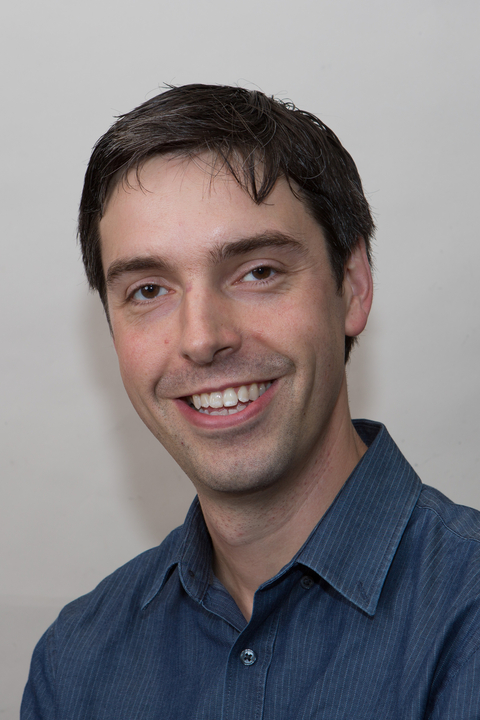Throughout their time in the program, graduate students are supported by both formal and informal mentorship from faculty members. Faculty and students both share responsibilities in mentorship.
Advising
Types of Advisers
At the start of the program, the Director of Graduate Studies is assigned as your primary adviser.
In the course of the first year, students should choose a faculty member as their long-term adviser. This decision is made in consultation with the faculty member and is not binding (it can be changed if the student’s interests shift).
In the course of the first year, students should choose a faculty member as their long-term adviser. This decision is made in consultation with the faculty member and is not binding (it can be changed if the student’s interests shift).
For each Qualifying Paper, the student is advised by a committee made of at least two faculty members, with one or both of them serving as (co-)chair. This gives students exposure to more than one mentoring style before they have to form a dissertation committee.
Your dissertation adviser is someone you work closely with for several years while developing your prospectus and dissertation.
The dissertation committee is usually formed (in part or in full) before the defense of the dissertation prospectus. The committee consists of at least three members, at least two of whom are ladder faculty in Linguistics.
Students in our department are typically mentored by all faculty collectively, even those who are not officially a student’s adviser or committee member. For example, students can consult with any faculty member who has expertise relevant to questions the students may have. Students have the opportunity to present their work to their department and can receive feedback from the faculty on these occasions.
Questions to ask potential mentors
- How good a fit are the research interests of your adviser with the areas you wish to study?
- What are each other’s expectations regarding advising style? Examples:
- frequency of meetings,
- type and frequency of feedback,
- hands-on vs. hands-off style
- What are your professional goals for after graduation, and how can your adviser support them?
Expectations for Faculty
- Return work to students in a timely fashion, providing constructive feedback. When this is not possible, the adviser should inform the student at the earliest.
- Encourage and model dedication to high quality teaching, advising, and research.
- Understand the academic rules and milestones that pertain to graduate students, and provide accurate information.
- Help students set up sustainable work-life balance.
- Discuss career goals and opportunities with the students early in their graduate career and continue these discussions regularly. In particular, discuss opportunities to develop professional experience to help advance students’ careers (whatever their plans).
- Remain open to feedback and be willing to discuss difficult academic ideas and differences of opinion in order to facilitate all students’ success.
Director of Graduate Studies
Any questions about the graduate program can be directed to the DGS.
Associate Professor & DGS
